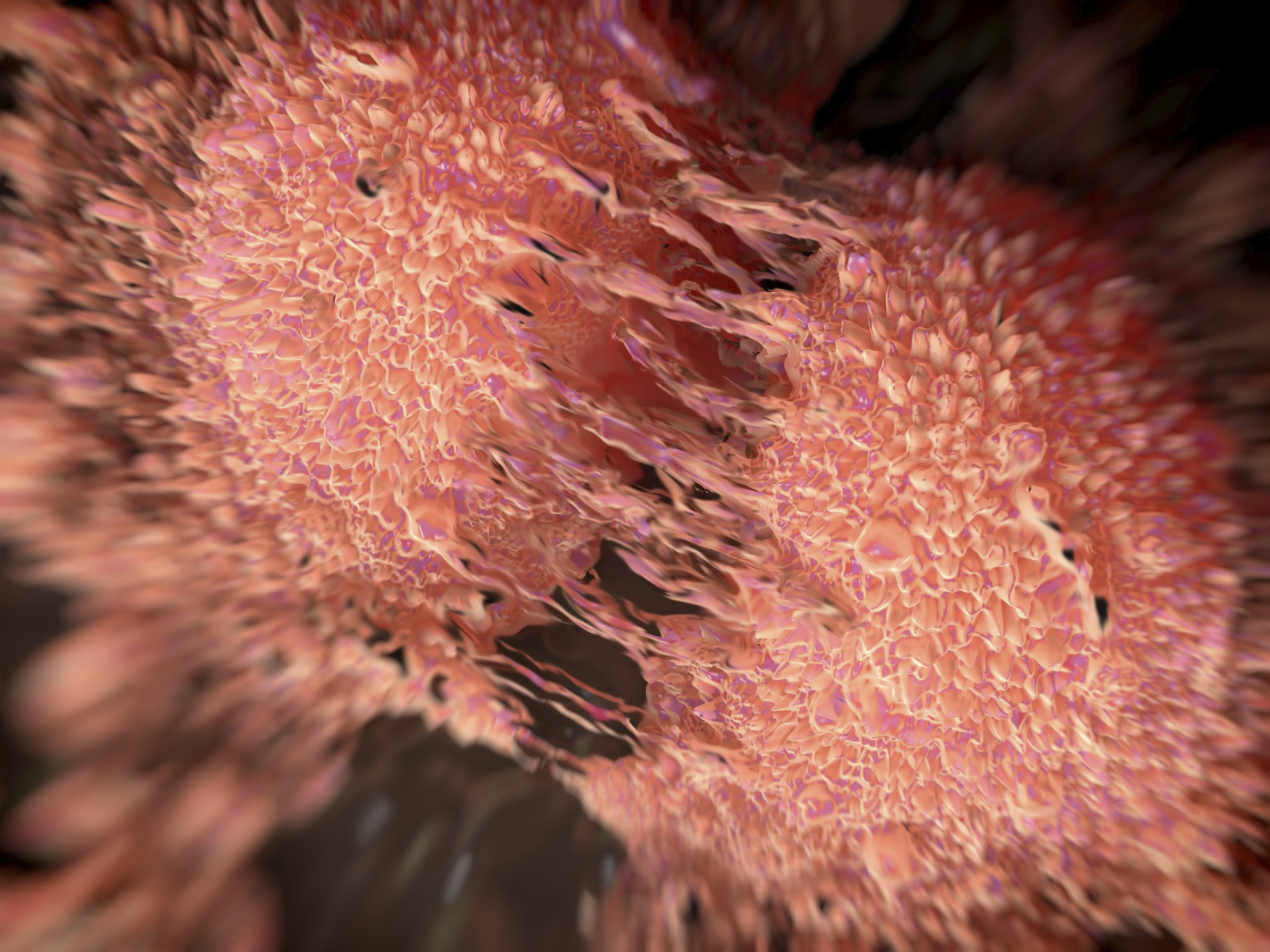Nanorobots developed to target cancer inside the body

While it sounds like something from the pages of science fiction, academic researchers have developed new nanorobotics agents which can navigate through the bloodstream to deliver cancer drugs direct to tumours.
Researchers from Polytechnique Montréal, Université de Montréal and McGill University have just had their work published in Nature Nanotechnology after they succeeded in treating mice with colorectal tumours.
"These legions of nanorobotic agents were actually composed of more than 100 million flagellated bacteria – and therefore self-propelled – and loaded with drugs that moved by taking the most direct path between the drug's injection point and the area of the body to cure," explains Professor Sylvain Martel, holder of the Canada Research Chair in Medical Nanorobotics and Director of the Polytechnique Montréal Nanorobotics Laboratory, who heads the research team's work. "The drug's propelling force was enough to travel efficiently and enter deep inside the tumours."
When they enter a tumour, the nanorobotic agents can independently detect the oxygen-depleted tumour areas, known as hypoxic zones, and deliver the drug to them. This hypoxic zone is created by the substantial consumption of oxygen by rapidly proliferative tumour cells, and these zones are known to be resistant to most therapies, including radiotherapy.
These nanorobots go several steps further than existing nanoparticles used to deliver chemotherapy directly to tumour sites, most notable Celgene’s Abraxane.
"This innovative use of nanotransporters will have an impact not only on creating more advanced engineering concepts and original intervention methods, but it also throws the door wide open to the synthesis of new vehicles for therapeutic, imaging and diagnostic agents," Professor Martel adds. "Chemotherapy, which is so toxic for the entire human body, could make use of these natural nanorobots to move drugs directly to the targeted area. eliminating the harmful side effects while also boosting its therapeutic effectiveness."
Other researchers are also working on similar projects, including Harvard’s Wyss Institute which deveoped nanobots built entirely out of DNA. Last year Pfizer announced that it was to collaborate with Bar Ilan University Research and Development Company (BIRAD) based in Israel and the biodesign lab headed by Dr. Ido Bachelet at Bar Ilan University to work on nanorobot research.












